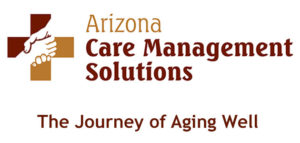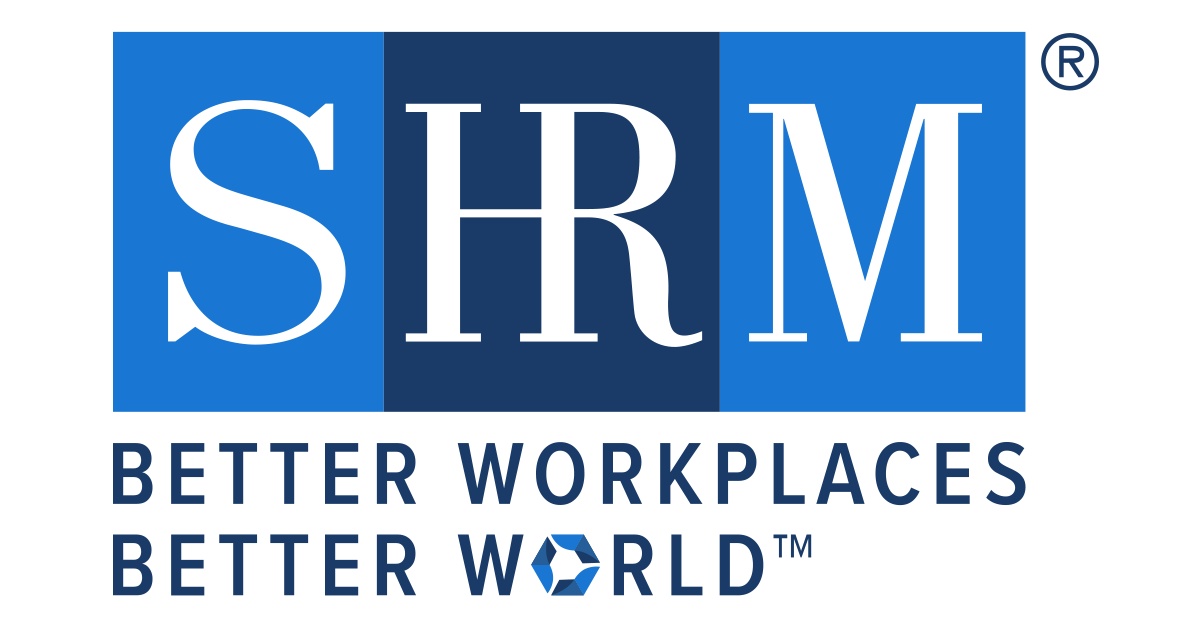The Journey of Aging Well
with helpful tips for family caregivers
April/May 2009
Whether it’s tips for fall prevention or suggestions for letting others help out, we have information you can use.
- Balance exercises, an important step in preventing falls
- Have you completed an advance directive?
- Letting others pitch in
Balance exercises, an important step in preventing falls
 If remaining independent is a goal for your older relative, bringing some balance to his or her life is essential—balance exercise, that is.
If remaining independent is a goal for your older relative, bringing some balance to his or her life is essential—balance exercise, that is.
All it takes is short but consistent focus for Mom or Dad to significantly reduce the chance of a fall.
In one study, two 15-minute sessions of balance exercises over a six-month period was enough to make a difference. That’s only 30 minutes a week. Depending on your situation, this may even be something you can do together.
- Routines are simple. Mom won’t be daunted by the balance activities recommended by the National Institute on Aging. Standing on one foot and heal-to-toe walking are easy to do at home.
- No muss, no fuss. No special clothing, no special gear, and not even much floor space is needed for balance activities. Dad can even hold on to a table or chair until he feels more stable.
Tai-chi
It turns out the most effective exercise for preventing falls is tai chi. This gentle activity has been practiced in China for centuries. Tai-chi involves slow, graceful movements combined with controlled breathing and awareness of the body’s position.
Research has shown that people who practiced an hour of tai-chi three times a week for three months experienced a 43% reduction in falls. They also had a 50% reduction in injuries from a fall.
Tai chi is best done with a teacher and in a class. But if that’s not an option, there are DVDs that teach tai chi. The local library may even have some to lend out.
Get the doctor’s okay first
There are many reasons a person might have poor balance. Just to be safe, ask for a fall risk assessment before starting an exercise program. You want to be sure your loved one has all the bases covered.
Have you completed an advance directive?
Ben Franklin is famously quoted as saying “nothing can be…certain except death and taxes.”
April 16 is National Healthcare Decisions Day. With your taxes out of the way, this is a perfect opportunity to handle the paperwork relating to that “other inevitability.”
An advance directive is a document that outlines an individual’s wishes for health care. It provides decision-making guidance should illness or accident render someone unable to speak for him- or herself. You may have a sense of your family member’s wishes. But it’s even better if those wishes are written down in the form of an advance directive.
Like tax preparation, procrastination is the number one reason people give for not completing an advance directive. Use National Healthcare Decisions Day as an excuse to start the process:
- Make it a family project. You need an advance directive, too. Dad just might be willing to complete his if you’re working on yours at the same time. After all, any one of us could be in a car accident tomorrow.
- Do it at home. You can download advance directive forms from any of the 50 states at no cost. A lawyer is not required.
- Discuss your own wishes. Explain that you want others to know your preferences. If you speak first, you may relieve Mom’s discomfort with the topic.
- Listen without judgment. Your loved one’s wishes may be different than yours.
Once a directive is completed, distribute copies to the physicians and family members who may need it in an emergency. Make April 16 a day for annual review. As circumstances change, views and wishes may change as well.
Return to top
Letting others pitch in
Caring for an older relative has many rewards. But that doesn’t mean you don’t need a break now and then to recharge your batteries. Many family caregivers don’t take needed breaks because they worry that others won’t do a good enough job in their stead.
Although concern for your loved one’s comfort and safety is appropriate, it’s also important to distinguish between real threats and a tendency toward perfectionism. For instance, it’s not uncommon for one sibling to feel like none of the others help. At the same time, the other siblings feel there “isn’t enough room” for them to pitch in because the primary caregiver is so particular about if, when, and how things get done.
Voltaire once said, “The perfect is the enemy of the good.” If you are having trouble getting, or allowing, others to help, you might want to consider the following:
- Is a hot dinner every night necessary, or could Dad be just as satisfied by a hearty sandwich?
- Your sister might not do your mom’s hair just right, but the tradeoff may be opportunity for a rekindling of their relationship.
- As a compassionate friend, what advice would you give someone in a similar situation?
Researchers in the area of perfectionism also suggest slowly “desensitizing” yourself to less-than-perfect situations:
- Start small. Ask someone to take over a routine task such as picking up a prescription.
- Consider it an “experiment,” not a permanent change.
- See what happens. If things don’t go as planned, were the errors life threatening for your loved one or simply irritating for you? Would practice or more information have enabled the helper to do better?
- Were there any positives to the situation? Did they have value?
- Try again. Don’t expect it to be easy the first time. As with any learning process, the more you do it, the more comfortable it will feel.
Return to top





